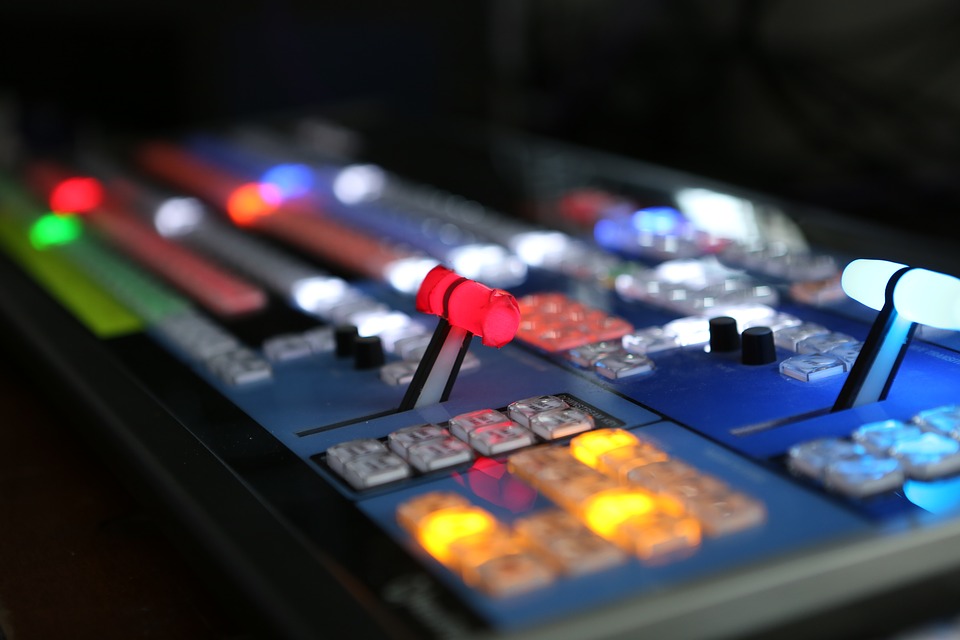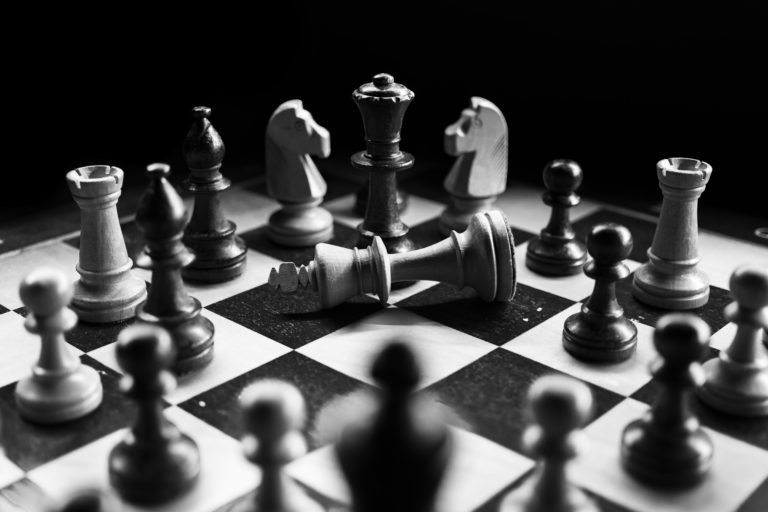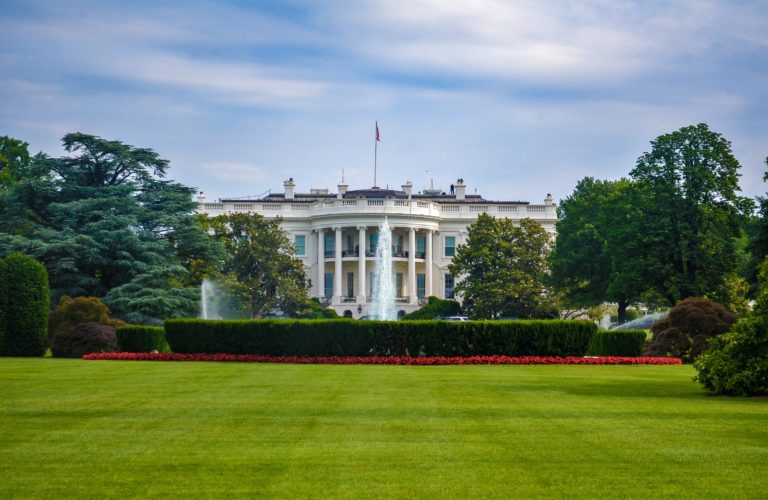In round one, the ladies ruled the presidential primary debate. For the most part,…
November Debate: What We Saw

The fifth Democratic debate featured ten candidates, four of whom were women, and four debate moderators, all of whom were women. Between the moderators’ chairs and the stage, women made up more than half of the participants in last night’s conversation, breaking yet another gender parity record this presidential primary season. The Barbara Lee Family Foundation has studied the obstacles and opportunities women face when running for office for the past 20 years, with a focus on executive office, and here’s what we noticed:
All-women moderators
There was a lot of excitement about having four women moderate this debate, and Andrea Mitchell, Rachel Maddow, Kristen Welker, and Ashley Parker proved last night that having women guiding the conversation makes a difference. Thoughtful questions about under-discussed topics were raised, perhaps because, as Andrea Mitchell put it, “I don’t want to be sexist, but there is a different feeling in the room when we’re preparing.”
Women’s issues – finally
Going into last night’s debate, only 4% of questions overall had been about “women’s issues.” We’d had four debates, and zero questions about paid family leave or the #MeToo movement. Last night, that changed. Candidates also talked about pay equity, reproductive rights, the cost of childcare, and maternal mortality rates. Between the moderators and the candidates, over half of the people who spoke last night were women, and it shows.
Focusing on everyday issues
Gender on the Ballot research shows that having a deep understanding of the challenges Americans face is crucial to electability for voters. This happened time and again last night. For example, Senator Kamala Harris talked about addressing the hardships of the sandwich generation and Senator Elizabeth Warren spoke about the impact of student loan debt on the racial wealth gap. Focusing on kitchen-table economics can be a successful strategy for women candidates.
Contrasting with opponents
This is something we’ve noticed in almost every debate thus far: the women candidates on stage aren’t afraid to show how they differ from their male counterparts and each other. Having multiple women on the debate stage is a good reminder that women candidates are not a monolith (women voters aren’t either!). While discussing the differences between her qualifications and Mayor Pete Buttigieg’s, Senator Amy Klobuchar pointed out the double standards that still exist for women in politics: “Women are held to a higher standard. Otherwise, we could play a game called name your favorite woman president, which we can’t do, because it has all been men.”






